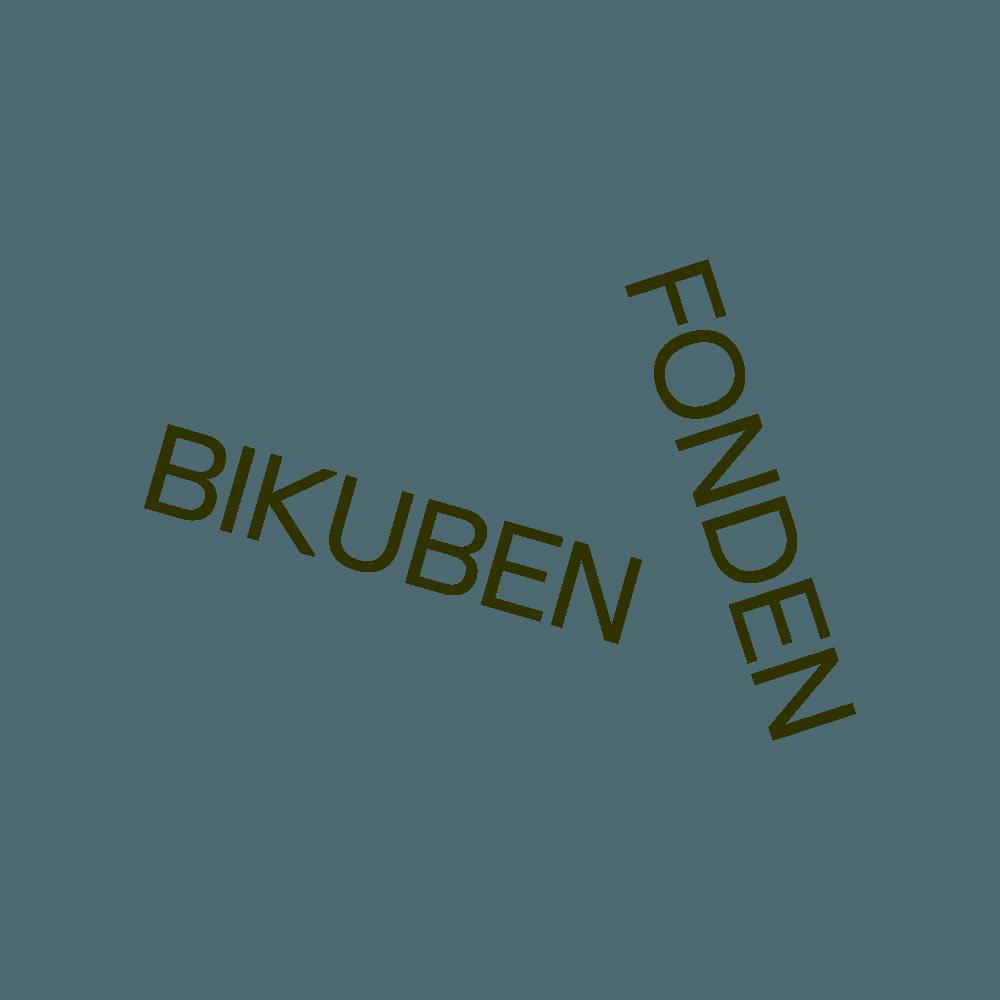A foundation in constant development
At the Bikuben Foundation, we are working to solve some of society’s most complex problems. We get at the root of the trouble; and, together with others, we act, test new solutions, and train our ability to imagine social change. In this way, we give the future a central place in the development of the present.
Our strategy is iterative. This means that it is always in motion, and it develops in step with its realisation.
We are one among many foundations, and we regard pluralism among foundations as important. Together with other foundations, we have an opportunity to form a finemeshed web of possibilities from which society may benefit.

Together, with a strong power of imagination, we are creating a better society – both today and in the future.
Our values
We work with four fundamental values that are important to us and reflect who we are.
The four values are courage, engagement, drive, imagination.
COURAGE
We accept risk and explore new paths. We experiment and learn from our mistakes.
ENGAGEMENT
DRIVE
We enter into and facilitate broad partnerships – we are persistent and committed to the long term.
We insist that it is possible to create change. We get things going and make them grow through learning and sharing.
IMAGINATION
We invite the future into the core of the decisions we make in the present.
Our six principles
We are guided by six principles that constitute the basis for the way we work. The principles describe how we work.
THE SIX PRINCIPLES ARE :
✺ To act as a catalyst for systematic change
✺ To engage in mission-driven work
✺ To work through experiments and labs
✺ To build learning in as a mindset and culture
✺ Scaling through sharing
✺ To iintegrate sustainability

To act as a catalyst for systematic change
There are problems in our society that are so complex and recalcitrant that they seem impossible to solve within the systems with which we are familiar. If this is the case, it calls for systematic change. Here, we must work with others to change the conditions that cause a problem rather than focus on the problem’s symptoms.
Real systematic change requires a long-term focus and effort with many different parameters. There is a need to undertake both structural and cultural changes.
We want to act as a catalyst for systematic change by working together with people and organisations across sectors, professional fields, and power positions.

To engage in mission-driven work
The Bikuben Foundation takes on missions to help solve today’s complex problems and create a better future for generations to come. Through our missions, we work to create better conditions for young people in vulnerable positions, to give art a central place in society, and to secure more biodiversity in our nature.
Missions set a clear and common direction for work on societal change that can only be realised in collaboration with others across professional skills and experience. The problems we are working on require us to launch many connected initiatives which we learn from and adjust over a longer period of time.
In all of our missions, we train our ability to imagine positive change in order thereby to bring the future into the way we develop the present. In this way, we jointly create clear images of a better future. The future is a driving force when we experiment, learn, and share knowledge. This approach allows us to innovate solutions to current problems and expand our view of what is possible to change - both today and over the long term.
To work through experiments and labs
We insist that positive change is possible. With experiments and laboratories, we create opportunities to explore the potential of radical new approaches and what is requires to engage in new approaches to reality.
Far too often radical ideas are shelved before they get out of the workshop because unanswered questions about effects and implementation halt the idea. With experiments, we can dive into these questions for which the answers are not given in advance.
We accept that with experiments come mistakes and detours that take time to deal with. When we believe in the potential, we are willing to take risks and pay the price. Experiments help make us wiser. Therefore, there is also value in experiments that fail – if one takes the time to learn from them.
An experiment cannot be directly transformed into lasting change. It is not the test of a wellconsidered future. On the other hand, an experiment creates knowledge that enables us to make new choices about what future we are aiming for and how we may systematically collaborate to create it.
To build learning in as a mindset and culture
Learning is a driving force. For us, learning is about being able to create more value for the world of which we are a part. We use learning as a strategic approach to make ourselves and others wiser through the ideas and experiments we launch. We learn along with way from our mission work and the way we act as a foundation and collaborative partner. We work with learning programmes in which the answers are not given in advance. Some answers arise as new questions are raised that we must explore. Learning is central to us – in our mindset and our culture. It is never a given; and, in this way, it is an engine that powers our development.

Scaling through sharing
We regard it as our task to share what we learn and the knowledge we possess – when the results are good and when we fail. We believe that sharing knowledge enables more people to create common solutions.
When we share, more people have an opportunity to gain insight and, perhaps, the courage to take a new path. No one becomes better by keeping knowledge and experience to themselves.
We believe in the power of example to create political resonance and impact and, in particular, to train our ability to imagine social change. Therefore, for us, scaling is when knowledge and learning from local experiments become a springboard for bringing an agenda to light, for loosening up calcified debates, and for motivating more people to help change what is hindering a better society for present and future generations.
We regard the interplay between local experiments and national agendasetting as an exchange in which actors in the field help set the direction for the experiments we undertake. We collaborate broadly with those who have the power right now and those who live in reality.

Sustainability
We are working to integrate sustainability as a fundament to our whole enterprise – whether it is investments, operations, or philanthropy.
Ou goal is to act expediently with respect to the environment and the climate, social relationships, and corporate management. Therefore, we try to keep sustainability in mind when we analyse our actions and incorporate policies and tools that provide the opportunity to change behaviour. In general, we would like to impress a sustainable development upon society, but we are aware that what is considered sustainable today may not necessarily be so tomorrow. Therefore, we assess on a running basis the tools that measure and strive for sustainability as we collect knowledge and develop new measures and methods to push toward a more sustainable development.

Our role
We assume a role as development partner and work actively in the fields of which we are a part.
We ourselves launch, develop, and run projects. We insist on involving ourselves in the joint creation of development efforts. We have attitudes, not answers. Therefore, we collaborate broadly, experiment, learn, and share knowledge and insight in order to find solutions. We believe that new opportunities, development, and enduring, systematic change are often created through collaboration. Therefore, we never work alone on projects but together with others to solve missions.
Philanthropic means
We use a broad range of tools to achieve the greatest possible change. A classic means that we as a foundation have in our toolbox is financing. However, the toolbox also contains other elements that support our work to promote systematic change. For example, we facilitate, mobilise, and construct alliances, capacities, and physical facilities, and engage in advocacy and public affairs.
